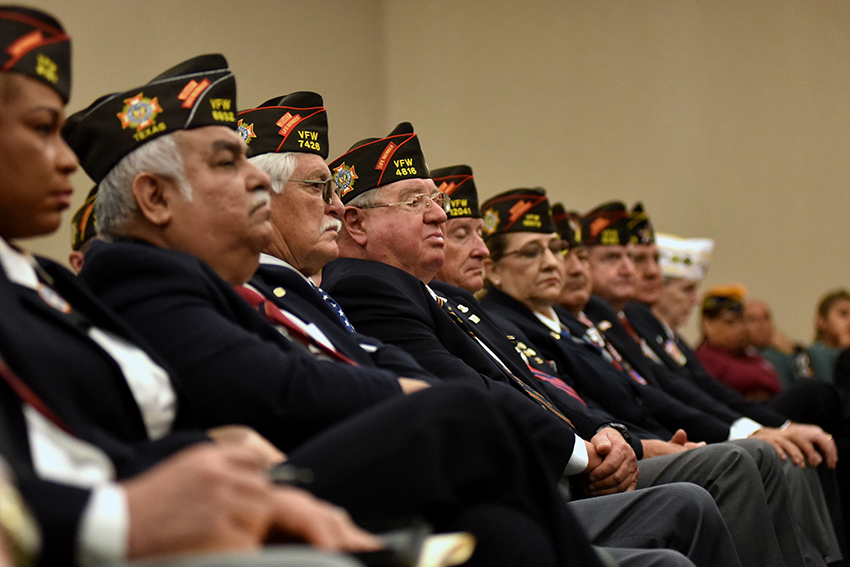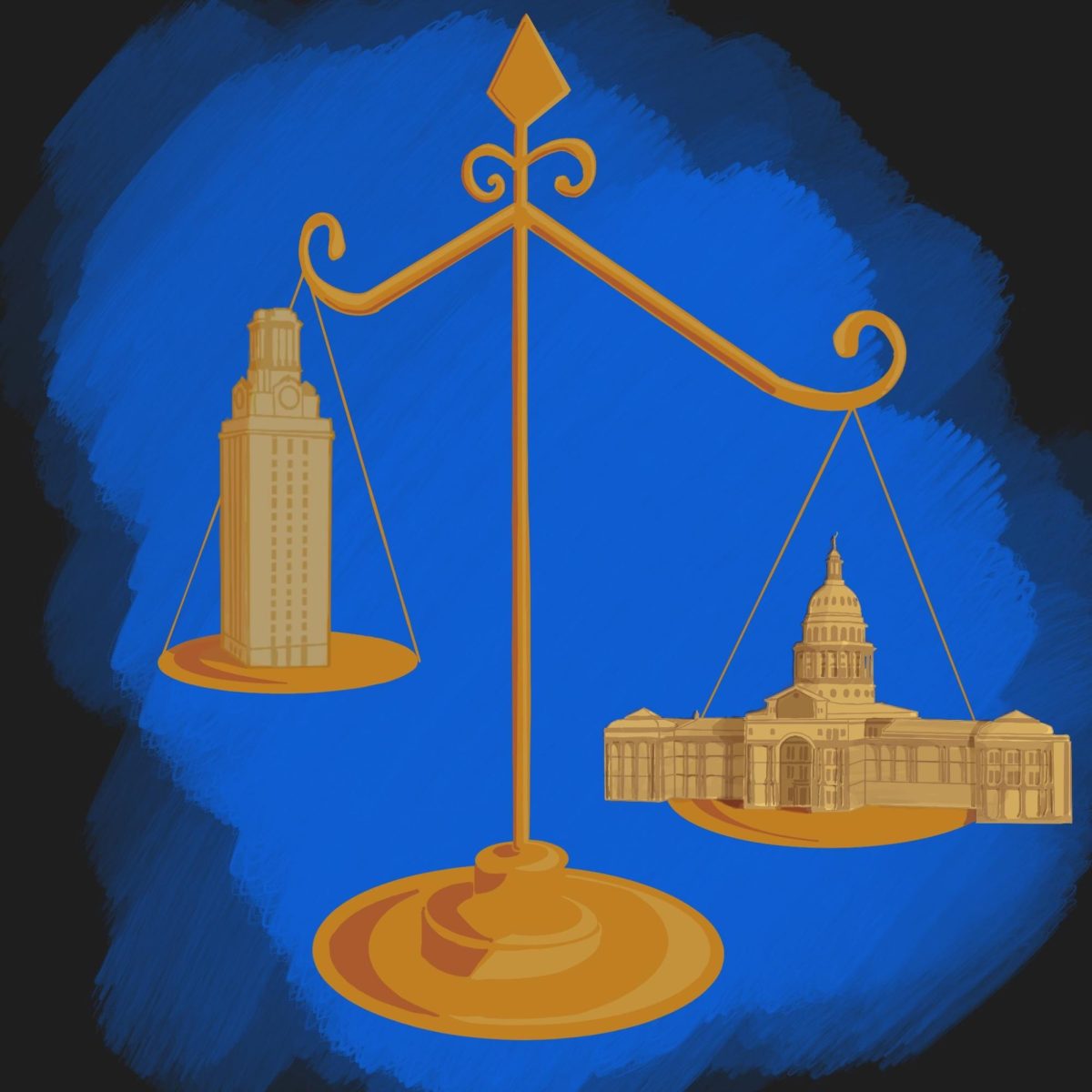The House Higher Education Committee held a meeting Tuesday to hear recommendations on how to amend the Texas Hazlewood Act going into the next legislative session.
The Hazlewood Act allows qualified veterans to be exempt from up to 150 credit hours worth of tuition fees at public institutions of higher education in Texas. In 2009, the Hazlewood Legacy Act was passed, which allows veterans to pass on this exemption to their children if they decide not to use it
for themselves.
Representative John Zerwas, Higher Education Committee chair, began the meeting by stating the majority of tuition costs are attributable to students taking the legacy exemption. The committee invited people to testify at the meeting in order to hear issues universities may have with the exemption.
“Providing this exemption to non-Texans was never an intention of this act and at the time this legislation was debated, the US district court had issued a judgment ruling the fixed point residency requirement as unconstitutional,” Zerwas said. “This ruling [led] to a tremendous increase in cost of an exemption that in 2014-2015 accounted for $350 million in unfunded costs to Texas institutions of higher education.”
In 2015, a veteran who had resided in Texas since 2004 sued the University of Houston for denying him a tuition exemption from the Hazlewood Act. He had enlisted in the army in 1996 while living in Georgia, but to qualify for the act, he would have needed to have lived in Texas at the time of enlistment. However, District Judge Ewing Werlein Jr. ruled in 2015 that the Texas requirement in the Hazlewood Act for veterans to enlist in Texas to qualify for the exemption was unconstitutional.
“Texas may not discriminate against its more recent residents in favor of more established residents simply to control costs,” Werlein Jr. said in his ruling.
In the 2010-2011 school year at UT Austin, there were over 600 students receiving waivers or exemptions from the Hazlewood Act, which cost the University around $6 million. Last school year, there were over 1200 students benefiting from the act, costing the University around $12 million.
“The total forgone tuition and fees across the UT System from the Hazlewood Exemption is about $45.9 million and $30.9 million was attributable to the legacy students,” UT System Chancellor William McRaven said. “The [Legislative Budget Board] estimates that the annual revenue lost to the UT System Institutions will reach almost $95 million before the 86th Legislature convenes in 2019. The legislature doesn’t replace this lost revenue, therefore these costs wind up being shifted to the tuition paying students.”
According to McRaven, there need to be policy changes for the Hazlewood Act going forward for it to be sustainable.
“As these veteran benefits continue to grow, particularly on the legacy aspect, I think it has grown beyond what was originally planned,” McRaven said. “This increase [causes] a demand for more faculty, more classroom space, which becomes a real cost at the institutions.”
McRaven made recommendations for policy changes, which would require the Hazlewood Act to be well coordinated with other veteran tuition exemptions, such as the post-9/11 G.I. Bill, so students don’t take advantage of the Hazlewood Act along with another veteran exemption bill. He also made recommendations to change the legacy aspect of the act to require that legacy parents serve at least 10 years on active duty.




















